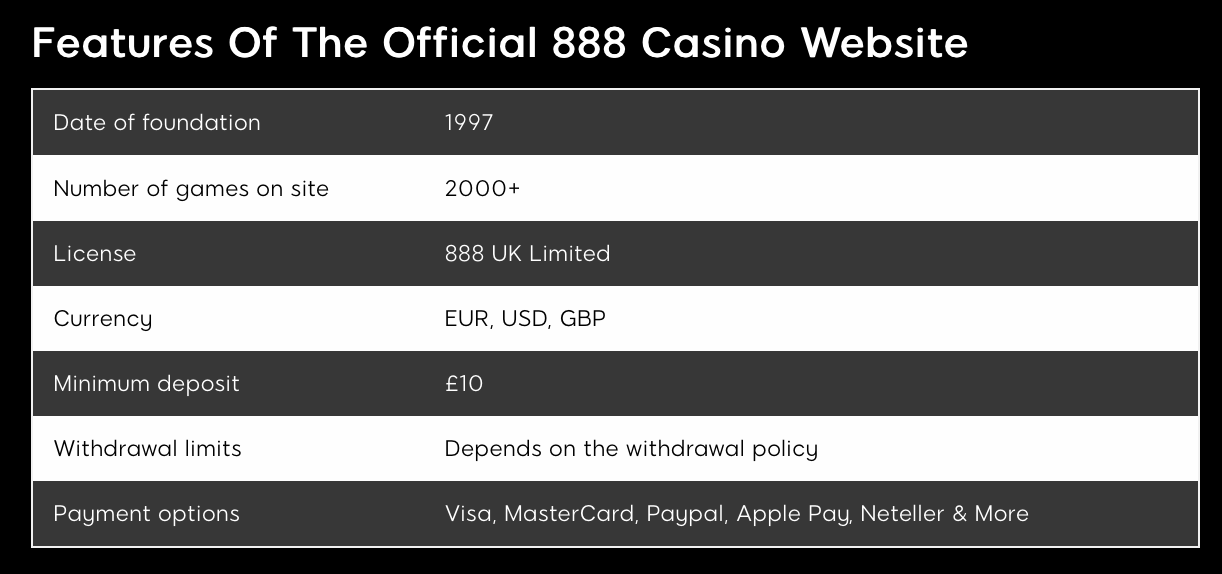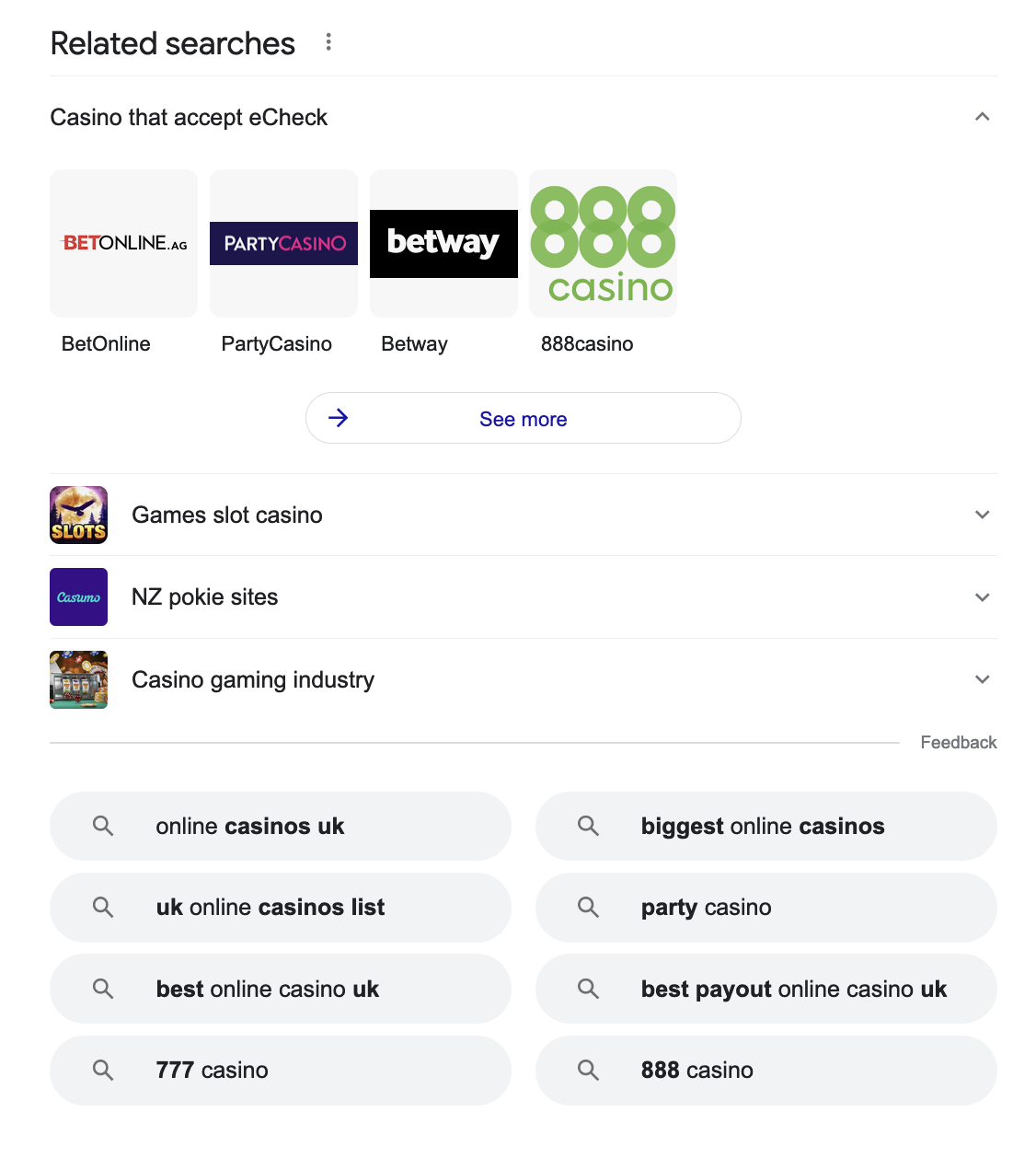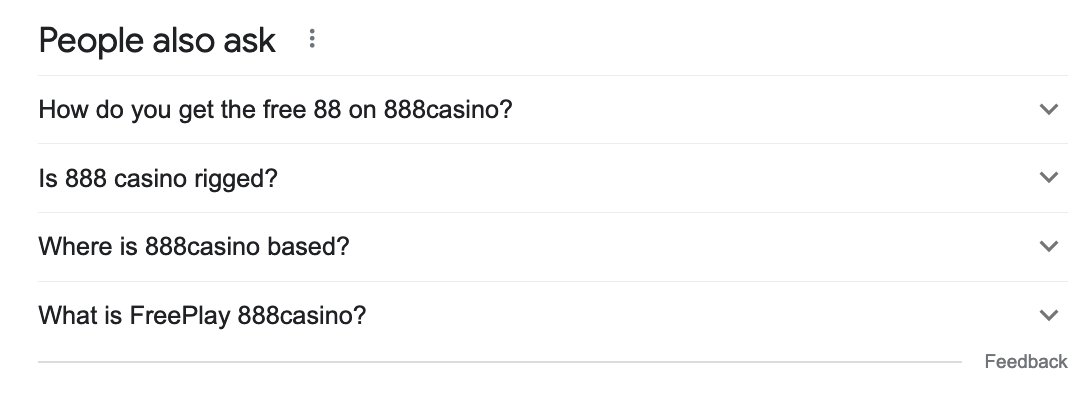Julia Logan | ZANGOOSE.DIGITAL
I often make a point about small affiliates with limited budgets being able to win in the SERPs dominated by large brands due to their better flexibility, faster decision making and implementation. However, that means that gambling operators can learn from affiliates to be more successful. But it’s not enough to just learn the tricks and techniques used by affiliates – it’s more important to adopt a mindset making affiliates so efficient.
There are multiple ways affiliates are using to get their sites in front of potential visitors. To spot some of them (and the operators already successfully adopting these ways), it’s enough to look at the SERPs.
If we look at the UK Google SERPs for “online casino”, we will see that the organic results are dominated by operator sites:

But the paid ads seem to be where affiliates are a lot more active. PPC ads are allowed in the UK for both operators and affiliates, and the affiliates use the opportunity to get a slice of the SERPs where they cannot be represented organically. If we look at the most active advertisers data in SpyFu, we will see that majority of them in this niche are affiliates:

If we look at the organic results, we will see that some operators are standing out, claiming some extra space in the SERPs due to e.g. rich snippets (888casino.com) or FAQ schema (gentingcasino.com) – which is a great example of how they learn from affiliates. Affiliate sites were quick to adopt the FAQ schema when it first got introduced in 2019, and if we look at more affiliate-dominated SERPs we will see a lot more instances of using the FAQ schema. It’s relatively easy to implement if the page has suitable content that could be added in the form of an FAQ section, but the benefit is this extra space in the SERPs, as well as a way to provide some extra information to the potential visitor and hopefully persuade them to visit the site.
In case of the 888 casino rich snippet, we’re not dealing with something as straightforward as a schema markup. Google arbitrarily picks the info from the page to display in the form of this rich snippet and there’s not much a site can do to trigger it to appear – except for having the info on the page in a format easily readable for Google. Again, many affiliates have become quite adept at triggering the feature, and now we see an operator successfully doing it as well by having this on their page:

However, “online casino” is likely the very first in a chain of queries a potential online casino player will use before they end up on a casino site and start playing. After seeing the 10 operator sites in that SERP, where will they go next and what will help them decide which casino to play at?

Related searches at the bottom of the SERP can give us a clue of their further research process. These are the queries people are likely to type in next after searching for “online casino”:
This is where affiliates thrive, as many of these queries lead to very affiliate-dominated SERPs. However, if an operator can get their brand into these suggestions, a searcher will likely end up on a brand-dominated page:

It goes without saying that an operator absolutely must rank for their own brand name (something must be very wrong with their site if they don’t). Operator brand related queries are often a low hanging and much desired fruit for affiliates as the queries are navigational in their nature, meaning a late stage in a searcher’s journey before converting to a customer. Ranking for a brand name, showing a searcher a comprehensive review of a brand and reassuring them in their choice almost certainly earns the affiliates their commission. Some brands-related SERPs therefore are quite stocked with affiliate sites.
But 888 does a good job not just ranking for its own brand name, but not even leaving much space on the first page of the SERP for affiliates. 888 is represented by two of their own domains (888.com and 888casino.com), as well as their Twitter account and their app page on AppStore. Their site is also the source of answers for 2 out of 4 “People also ask” questions in this SERP:

The above are just a few examples of operators’ proactive behaviour resulting in them winning in the SERPs. As I mentioned above though, the actual tricks and techniques are not as important as the right mindset. The tricks and techniques change a lot, efficient affiliates constantly keep an eye on what works right now and what can benefit them. Spotting these things is important, but reacting fast and implementing changes on the site is even more important. However, this is not always possible in large companies with complex internal structure. If approving a change to a site takes many weeks or even months, and implementing it even longer, you cannot be as flexible as a small affiliate who is the sole owner and decision maker for their site. Hence, operators need to think about optimising their internal processes, maybe even allocating a separate R&D budget and resources to be able to quickly assess and react to new opportunities. Justifying this may be tricky for some organisations, but not doing it would mean leaving the money on the table where affiliates are a lot quicker to pick them up.
